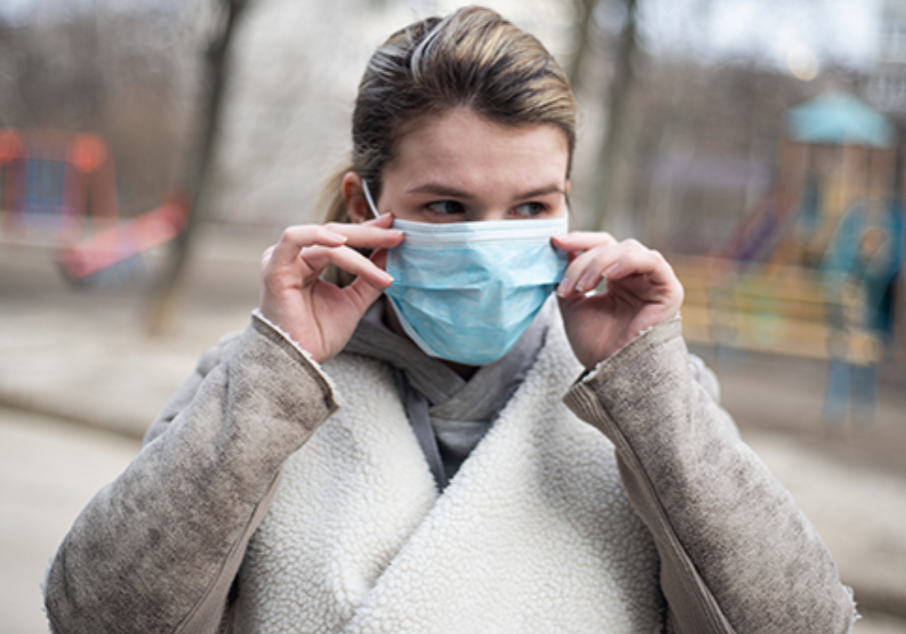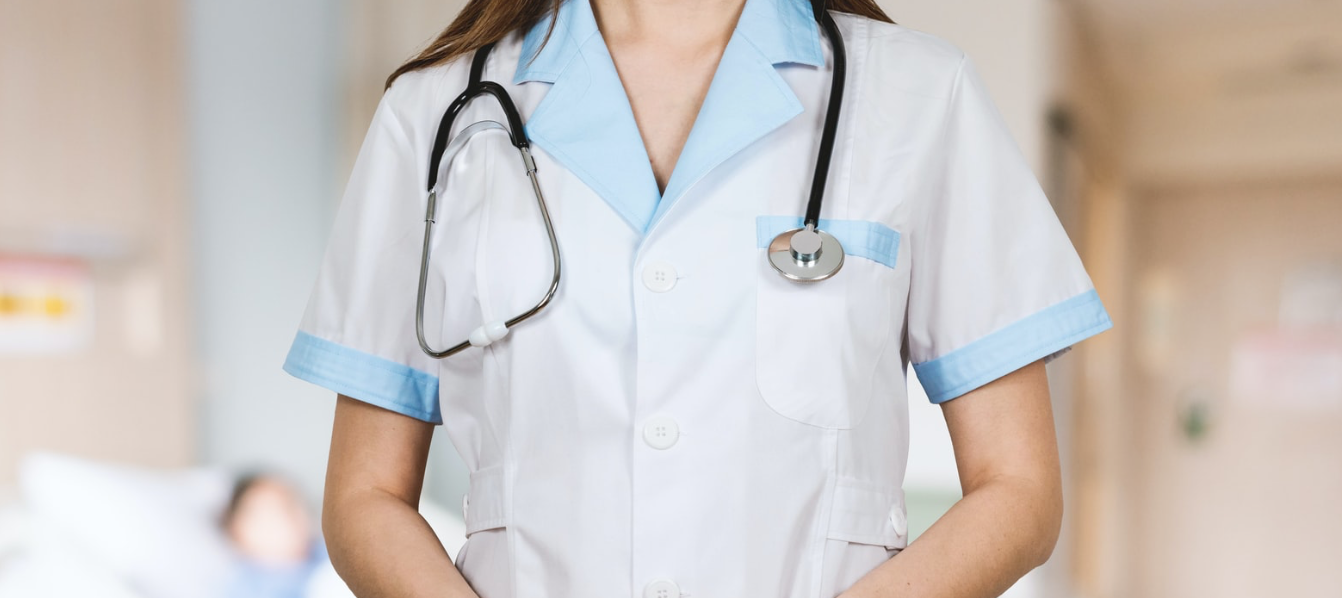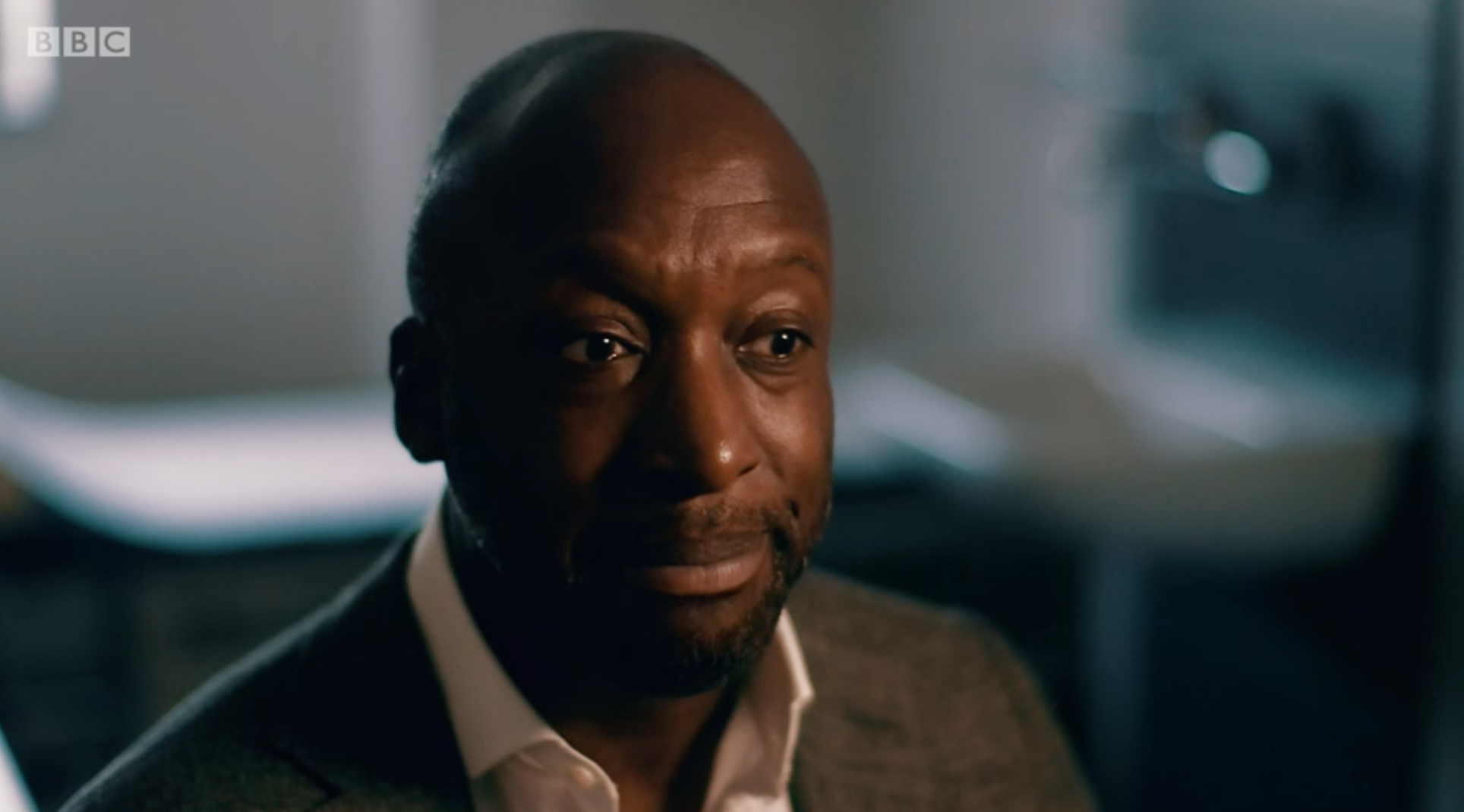Dr John Chinegwundoh is one of the leading specialists in the fight against COVID-19. His expertise in respiratory health and his senior position in a number of London's top Hospitals has allowed him to become one of the most prominent voices in treating patients with coronavirus and the ongoing investigation and development to tackle the illness.
I am worried about getting Coronavirus. Will my lungs manage?
Covid19 attacks the body and in the lungs the supply of oxygen can be severely impaired. If you already have lung problems then the impact can be worse.
If you are older then your lung capacity and lung reserve is reduced.
If you have smoked or suffer with Asthma or chest problems then you are also at risk. Ensuring your lungs are in the best possible condition is important. Exercise, losing weight and being on the right medications for your lungs may make all the difference. Having undiagnosed or unexplained chest symptoms should be checked out and managed properly.
I think I have had Coronavirus but how do I know if my lungs are damaged?
The impact of this virus on the lungs vary. Some patients have a mild illness and have no long term lung problems. Others have a more severe illness but their lungs heal. Sadly some patients are left with scarred lungs which can lead to short term and long term problems. Follow up chest x-rays, CT scans and lung function tests can give you a clear picture about how your lungs have been impacted.
Can I boost my immunity to fight infections?
There is a wide body of evidence that links Vitamin D levels to optimal functioning of the immune system. We do not understand the exact mechanism but this vitamin seems important in fighting off infections. For Coronavirus infections, particularly with the limits on outdoor activity, a number of scientists have advocated supplementary Vitamin D to reduce the poor outcomes associated with this viral infection. Knowing your Vitamin D blood level and taking the right level of supplementation may be very important.
If I get coronavirus type symptoms, can I monitor myself at home?
The vast majority of patients will have a mild illness and will get better at home. However if you have persisting temperatures or breathlessness such that doing simple household tasks are difficult then get medical advice quickly. Purchasing an oxygen saturation monitor can be a valuable piece of kit as it will give an objective measure of whether your oxygen levels are getting low. Readings of 94% or below are worrying and signal calling for assistance.
BBC Panorama : Belly Mujinga
Rianna Croxford investigates the death of transport worker Belly Mujinga, following reports she had been coughed and spat on by a customer at London’s Victoria Station. Dr John Chinegwundoh shares his thoughts on the investigation.
BBC News - Covid 19
Dr John Chinegwundoh speaks with BBC news about the importance of co-ordination across healthcare bodies in the fight against COVID-19.

COVID-19 guidance: looking after your lung health in the pandemic
Read the recent Top Doctors interview with Dr John Chinegwundoh as he provides you with the answers to important questions regarding the virus and your lungs.




